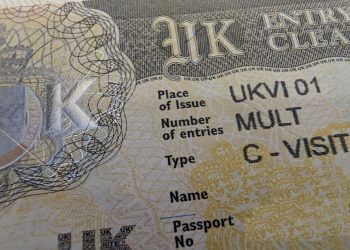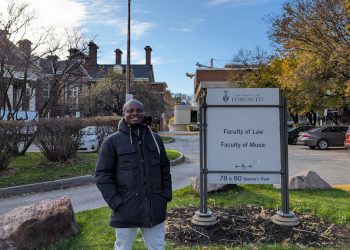Canada will welcome 465,000 new permanent residents this year, marking a record-breaking annual immigrant intake that is expected to continue to rise in the coming years. Nearly four out of five eligible permanent residents in 2021 indicated their intention to pursue Canadian citizenship. With such a significant influx of new immigrants and future Canadians, many will have questions about the conditions and responsibilities of their newfound permanent residence status.
While Canadian permanent residents have most of the same rights as Canadian citizens, they are still technically nationals of other countries. You do not have to become a Canadian citizen if you currently have PR status but must adhere to conditions on their status in Canada and potential implications from their home country when pursuing Canadian citizenship.
A permanent resident in Canada is someone who has been granted the opportunity to live and work in the country indefinitely, while a (naturalized) Canadian citizen has gone through the process of meeting eligibility requirements, applying, and being recognized as a citizen by the federal government. The primary differences between permanent residents and Canadian citizens include the right to vote, hold public office, work in jobs that require specific security clearance, and residency requirements that permanent residents must meet.
Additionally, permanent residents must reside in Canada for at least 730 non-consecutive days within a five-year period, and if sponsored by someone, may not have access to certain government services without the sponsor reimbursing the costs. Permanent residents also have different travel requirements and possess different travel documents and privileges compared to Canadian citizens.
There are several conditions that permanent residents must meet to maintain their status in Canada, such as residing in Canada for at least 730 days within a five-year period. It’s important to note that PR status does not expire at the same time as the PR card.
One of the biggest reasons people choose to remain Canadian permanent residents instead of pursuing citizenship is due to their home country not having a dual citizenship provision. This can have broader implications for the individual, such as with ownership rights, the ability to visit their home country, and their access to personal and professional opportunities in their home country.
When considering the potential implications of pursuing citizenship in Canada, it is advisable to review and fully understand the implications of your decision and even employ the help of an immigration lawyer if necessary. Finally, it’s essential to consider whether your home country allows for dual citizenship with Canada, as legislation varies from country to country. For example, dual citizenship is not legally recognized in China and Afghanistan, while it is allowed for citizens of the USA and France, among others. If your country is not listed, it is recommended to consult your government or relevant consulate’s webpage for more information.
Still have some travel questions? Ask in our Travel WhatsApp Group.








